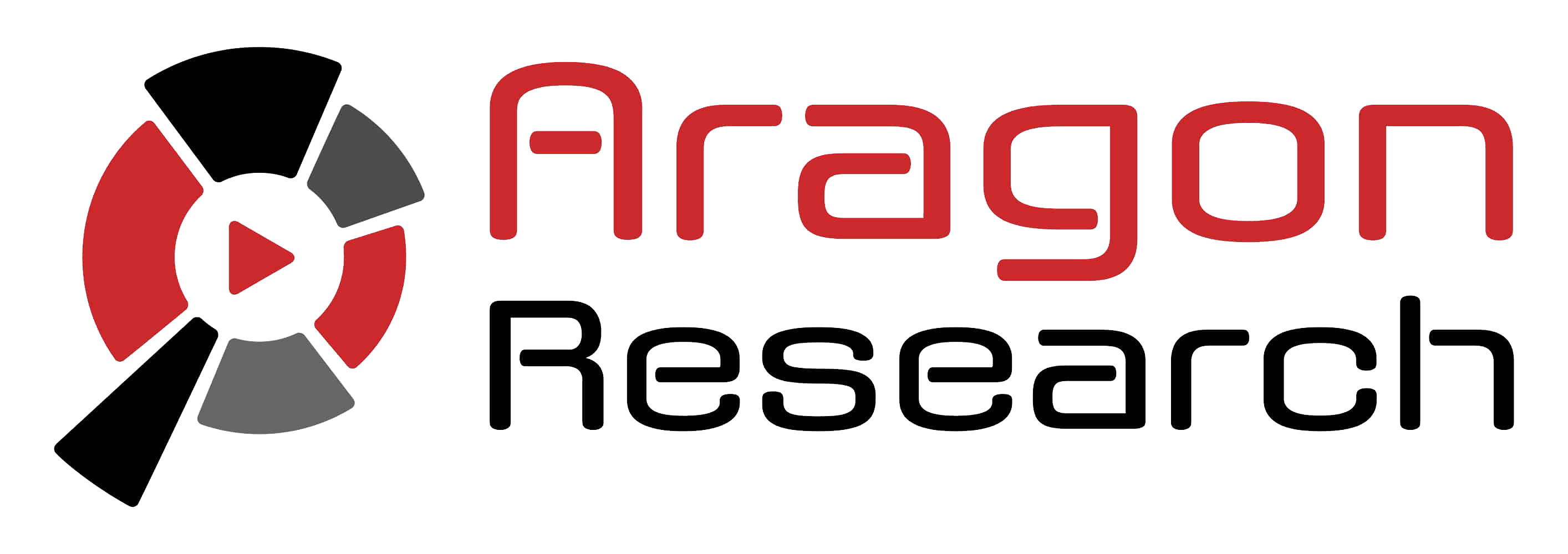 John Modd and James Cartledge talk to the head of Colombia’s national postal service, Juan Ernesto Vargas Uribe.
John Modd and James Cartledge talk to the head of Colombia’s national postal service, Juan Ernesto Vargas Uribe.
Creating a new post
A little over four years ago Colombia’s state postal service, Adpostal, went into liquidation. Crippled by pension liabilities, the postal operator had a negative net worth and a mail market share that had slumped from around 80% in the early 1990s to around 20% a decade later.
In 2006, the government of then-President Alvaro Uribe Velez closed down Adpostal, and set up a new company to take its place. Juan Ernesto Vargas Uribe accepted what might have been seen as a poisoned chalice and has achieved a remarkable turnaround since his appointment as President. Operating under a new brand, 4-72, the corporation is now profitable, has developed public trust, embraced new technology and introduced new products.
“We were effectively starting from zero or perhaps even less than zero,” Vargas says. “We had to start building a completely new company, trying to switch off the idea that we are a public company to push the idea that we are a company working within a competitive environment.”
The hard work began with the formulation and implementation of a four-year strategic plan. At the heart of the strategy was investment in the right technology and know-how to move the company into profitability, as well as a philosophy to put customer service centre stage. The strategy was formulated by a board with directors from the private sector, with a “high performance” team to lead efforts to understand the market in which the company was operating, maximise income, and inject more flexibility in to the company’s costs. 4-72 went through a consolidation and modernisation process impacting infrastructure and processes, including the remodelling of its branches, which is still ongoing.
Working with partners
The new strategy has seen the company diversifying its products and services and developing strategic partnerships and joint ventures with other organisations, in some circumstances 4-72’s competitors.
A good example of this partnership approach is 4-72 working with Colombia’s biggest bank, Bancolombia SA, to offer financial products at post office counters. Starting in autumn 2010, the initiative has the benefit of driving traffic to 4-72 branches by turning postal counters into multiple use facilities while also offering the bank a route into markets outside of the major cities. The project is still rolling out to more rural towns, and is set to expand its range of financial services with new products such as bank loans.
“For banks, opening a branch in a rural place is very expensive, but here we are with the infrastructure already in place,” Vargas explains. “This is bringing credit to rural areas, which helps to develop our country. Colombia is still an undeveloped country, with high levels of poverty. This fits in with the government’s programme to make credit more widely accessible.”
A new culture
Starting out afresh with a new brand emphasised the break from the past: this was a completely different company, with a completely different philosophy to the previous operator. 4-72 refers to the geographic co-ordinates of the centre of Colombia, expressing pride in the country, its people and optimism for the future.
Throughout the organisation a new work ethic was promoted amongst the workforce, with Vargas explaining that the message is that everybody has to constantly work to add value. 4-72 has to compete on quality, he says, there was no other way. “The important thing is that we should be a company working towards customer satisfaction,” Vargas says. “It’s not a new concept, but in our case it had never been done like this before.”
Investment in ongoing training and development for the work force has as even involved sending staff to university. “We have agreed a partnership with one of the most important universities in Colombia, which drives the importance of values and principles, and gives a real sense of pride for the mailman who goes to university. Last December, we had 50 people graduate with a diploma,” Vargas explains.
Developing the workforce has also seen a major focus on security, promoting the need for public trust in service reliability. Vargas notes that many postal operators in the region have suffered trust issues; but after investing heavily in security systems and bringing in advice from security experts, he believes 4-72 has now stamped out “inappropriate” practices. “We have invested a lot in our people and in our technology. I went round personally to speak to people, stressing the importance of this issue, explaining that if anything inappropriate happens, people will not use our company, and they will be out of a job,” he says.
The 4-72 president also points out that the security of the country as a whole has improved dramatically in recent years, meaning his vehicles and those of his competitors can move safely even in rural areas.
“Colombia is a very different country today than people know,” he says. “The President has done a tremendous job. We are one of the countries getting the most foreign investment in Latin America, number three in direct investment, and now we are getting thousands and thousands of visitors.”
New technology enabled services
Technology has been another cornerstone of 4-72’s initial strategy, with $10m of investment in a new platform allowing more intelligent capabilities, for example track and trace.
The development of the network’s technology platform is still underway, which the 4-72 President notes will also help manage the growing e-commerce segment. “This is going to offer us the opportunity to increase the number of customers, increase our revenue and increase our market share,” Vargas says.
Recognising that “we are now in an electronic world,” Vargas sees countering the huge growth in web use as crucial for his organisation. “The digital world is a threat. We must not cross our arms and do nothing,” he says.
There is still a preference for physical mail in Colombia, but, as volumes decline, Vargas believes that other revenue sources will emerge, not least parcel volumes from e-commerce.
4-72 worked with Colombia’s Chamber of Commerce and US company RPost to launch a certified electronic mail service in 2009, known as CertM@il. “We are in the process of selling this new product,” Vargas says, “and it has been accepted by public entities, who are usually very reluctant to change. We’ve signed contracts for $2m, but it’s just the beginning. We know this is the future.”
Other electronic products are also in the pipeline. For example, 4-72 is working with the Universal Postal Union on a pilot project to improve the cross-border transmission of funds, helping Colombians working abroad to send money home.
Through 4-72, Colombia is also part of the Exporta Facil initiative pioneered over the past decade by Brazil’s Correios, and expanded across Latin America. It helps small businesses export their products more easily, with postal operators providing assistance to complete customs paperwork. In Colombia the ministry of commerce and the customs authorities are also involved.
Vargas explains: “It simplifies the procedures for small companies and motivates them to export. Many of these companies have very good products, but they are too small to think they can sell them abroad. We started out six months ago. Hopefully, in three or four years we will have some good numbers to show.”
‘Institutional support’
Vargas gives a lot of credit to the Colombian government for its supportive stance. In particular, the move by the government to take on Adpostal’s pension liabilities freed 4-72 from a significant financial burden.
Across the region there is now much better recognition of the need to support national postal operators in working to improve society as a whole, says Vargas, particularly in a country like Colombia with a 46% poverty rate in 2009.
The nation’s postal regulation has also been brought up to date, with a new postal reform law passing through Congress at the end of 2009. “The law introduces the concept of regulation, which we didn’t really have before. There’s a separate entity in charge of regulation, and the law has introduced many other things that aim to increase the service quality across the whole industry.”
The government will now gather further data on the market before deciding on any further regulation. Vargas contends that there is a need for more work to instill quality standards in the industry, and to establish a framework for investment in mail services and improved access in rural areas.
4-72 does enjoy a nominal reserved area for letters, but in practice Vargas believes that there are still loopholes for competitors to take advantage. He stresses the need for this reserved area to be protected: “This is an asset that belongs to the entire people. It is not mine, it is not the Board of Directors’.”
The next four years
At the beginning of 2011 a new President took over in Colombia, Juan Manuel Santos. With the change of administration, the 4-72 President and his team have been putting together a new four-year strategy.
This will build on the first, investing further in new technology, continuing to diversify revenues and pursuing opportunities in new areas like electronic communications.
With an obvious sense of pride Vargas reports that his company is now profitable: $8m to $10m profits on a turnover of around $90m. Yet he is under no illusions that, just because his company is now profitable, the hard work is over. “You can easily destroy value in a company if you do not do the right things,” he warns.
Nevertheless, pronouncing a “so far, so good” verdict on his first four years in charge, Vargas concludes: “Slowly but steadily, I think that the market is recognising this new company is a company that is improving.”

February 19, 2026

February 12, 2026

February 06, 2026

January 16, 2026

December 10, 2025